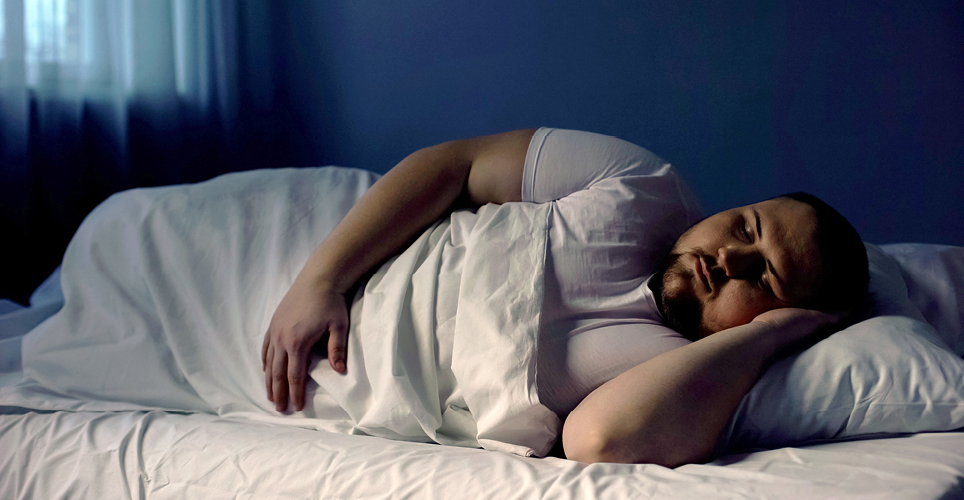
With Daylight Saving Time ending on November 7, we'll all gain one hour. Sounds good right? Not always.
Sleep loss, mood disturbances, and even more traffic accidents are some of the negative effects researchers have noted during the transition from DST to Standard Time. Additionally, data from last year’s annual health questionnaire revealed that sleep issues were the most commonly reported high health risk among faculty and staff at the U-M.
To prepare yourself for the adjustment, follow these sleep tips from the Sleep Foundation in the days and weeks leading up to time changes:
- Practice good sleep hygiene like avoiding caffeine, alcohol and eating heavy foods before bed.
- Establish a consistent sleep routine by going to bed and waking up at the same time every day (including weekends).
- Two or three days before the time change, start to gradually alter your bedtime by 15-20 minutes to help make the transition smoother.
Learn more about the effects of Daylight Saving Time on sleep and find more tips in this article from the Sleep Foundation. You can also find more sleep related resources on the MHealthy website.
